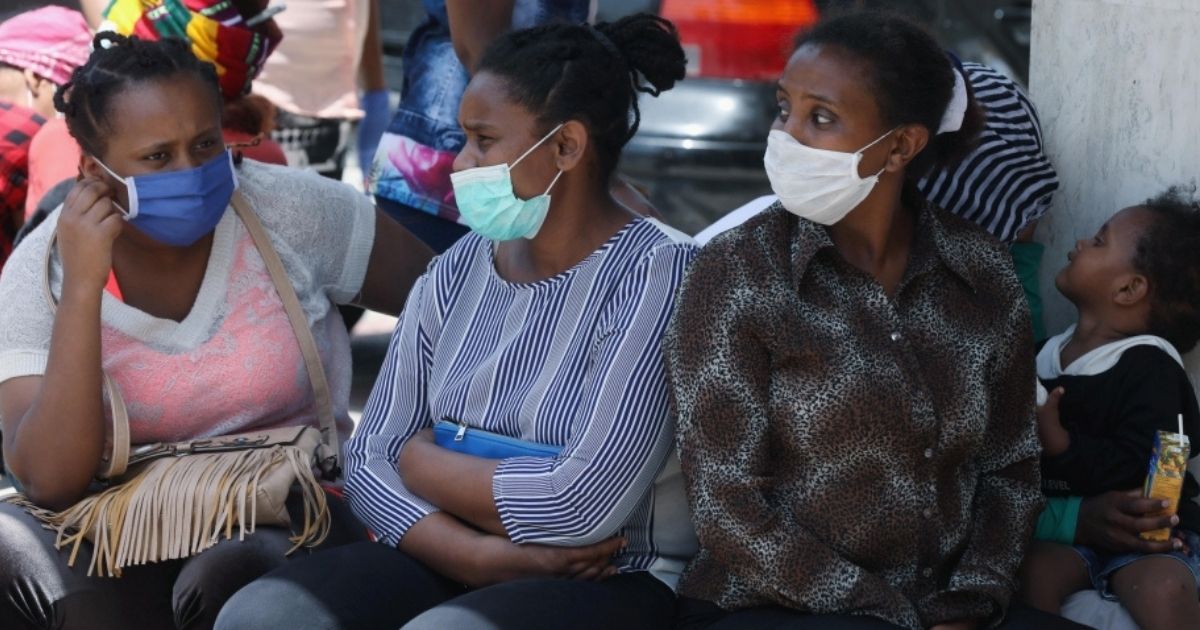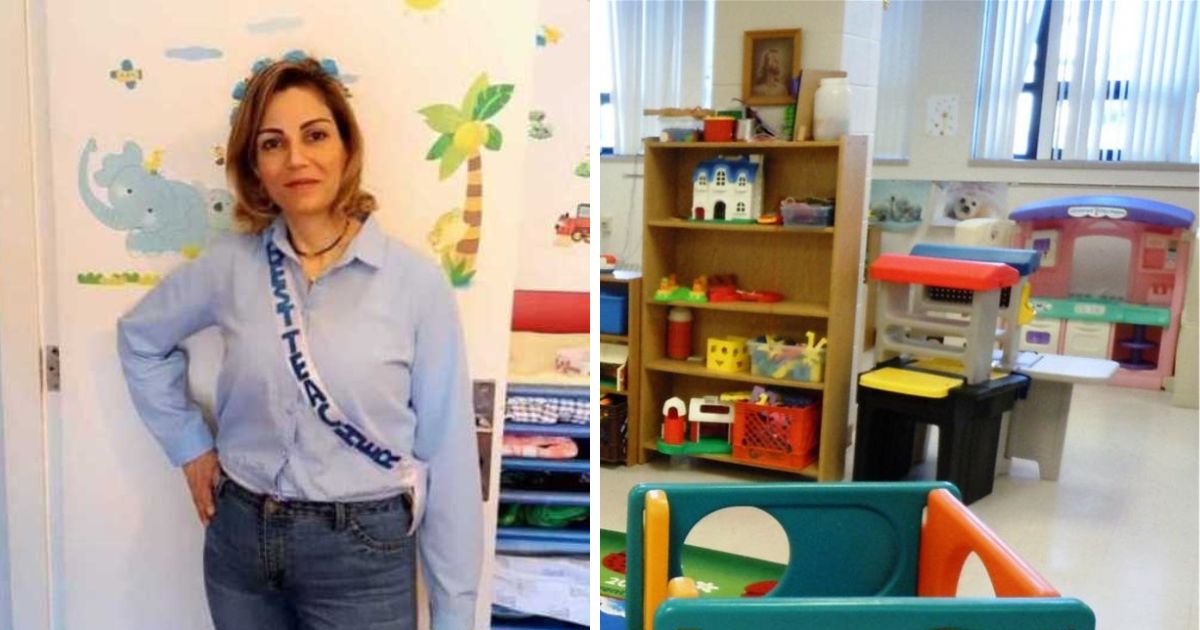Caretaker Minister of Labor Lamia Yammine raised concerns over the migrant workers in Lebanon the government failed to include in its coronavirus vaccination program, compelling her ministry to reach out to UN agencies and embassies for a solution.
The ministry issued a call on February 1st for all employers in the country to vaccinate their staff, regardless of their nationality, and based on the requirements of the health and safety laws of the workplace.
Teaming up with UN agencies, mainly the International Organization for Migration (IOM), the Lebanese Labor Ministry is now mapping out a plan to vaccinate approximately 250,000 migrant workers in Lebanon.
MP Yammine, who emphasized that the Health Ministry failed to include the migrant workers in its plan, noted that the caretaker Health Minister Hamad Hassan did not have an issue with her ministry’s proposed plan.
The plan, which will be conducted with the help of the IOM, will require funds, a matter for which MP Yammine is meeting with the IOM and also reaching out to all embassies, as she indicated to local reporters.
“We have data problems because we have a lot of illegal migrant workers working here,” she noted.
Dr. Samir Hadgiabduli, IOM’s chief migration health officer, explained to The Daily Star that his organization is also in discussion with embassies to come up with a temporary solution for migrant workers.
The aimed solution should allow the migrant workers to register for the vaccine, using the government online registration form for vaccination, which is an obstacle per se since some migrant workers do not have a valid ID to register.
Given Lebanon’s flawed Kafala system, a great number of migrant workers are left without official documentation as local employers often confiscate their passports and/or disregard to renew their work permits.
That misdeed. which is permitted by the Kafala, has resulted in many of these workers currently on “illegal” residency status in Lebanon, and unable to get local jobs with other employers.
Last month, while discussing the World Bank funding of COVID-19 vaccines for Lebanon with the media, its regional director Saroj Kumar Jha stressed that the vaccine must be given to Lebanese and non-Lebanese alike, including refugees and migrant workers, because “nobody is safe until everybody is safe.”
As of yet, the caretaker Minister of Labor has not pinpointed a timeframe for the vaccination plan of the migrant workers as it’s still a work in progress.
MP Yammine stressed that the ministry will be holding regular meetings with the IOM as well as the foreign embassies, affirming that “it is our mandate and responsibility to take care of migrant workers.”
Over 2 million doses of the Pfizer-BioNTech vaccine have been reserved by Lebanon, and the launch of the COVID-19 inoculation campaign will begin on Sunday, a day after the first Pfizer jabs are set to arrive in the country.
We have a dedicated coronavirus section where you can find the latest news/updates about the pandemic in Lebanon, inform yourself with WHO-verified resources, and track the number of cases in Lebanon in real-time. Click here.

















